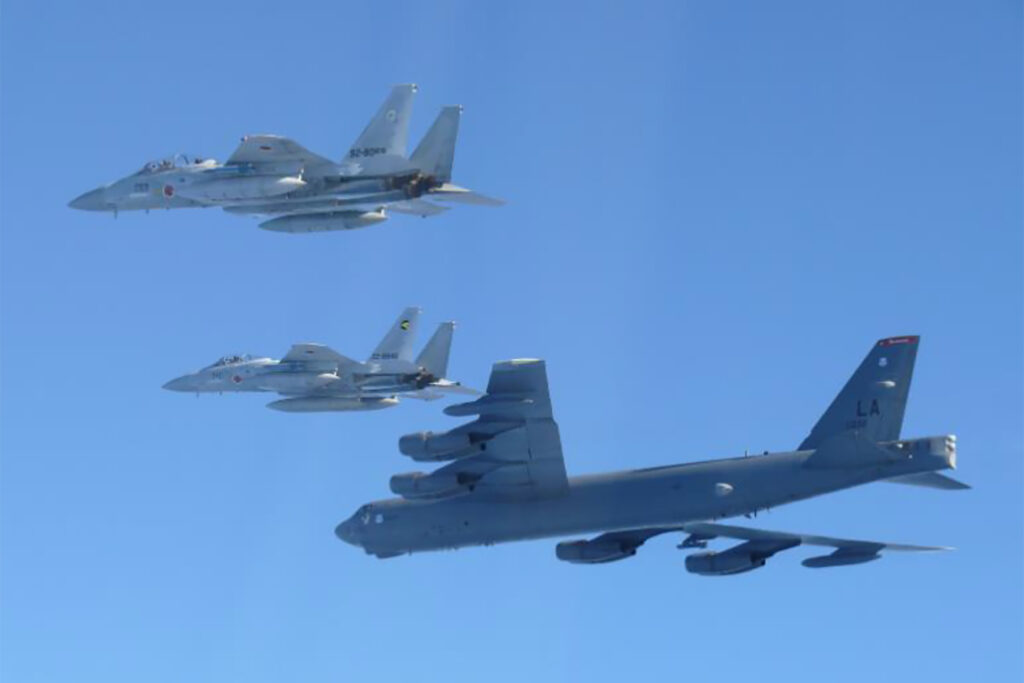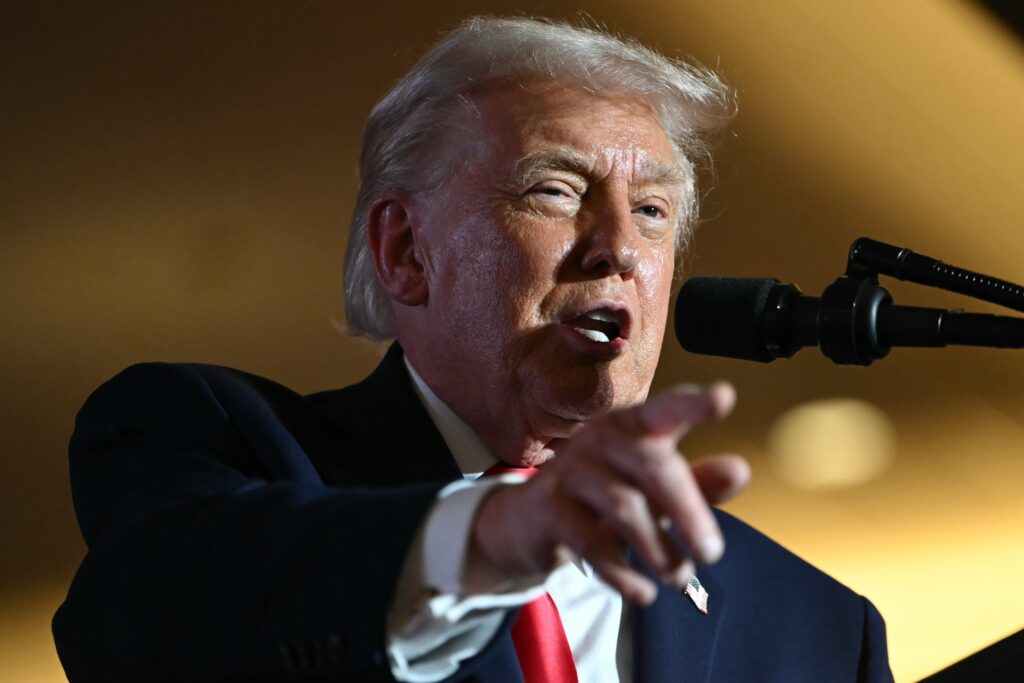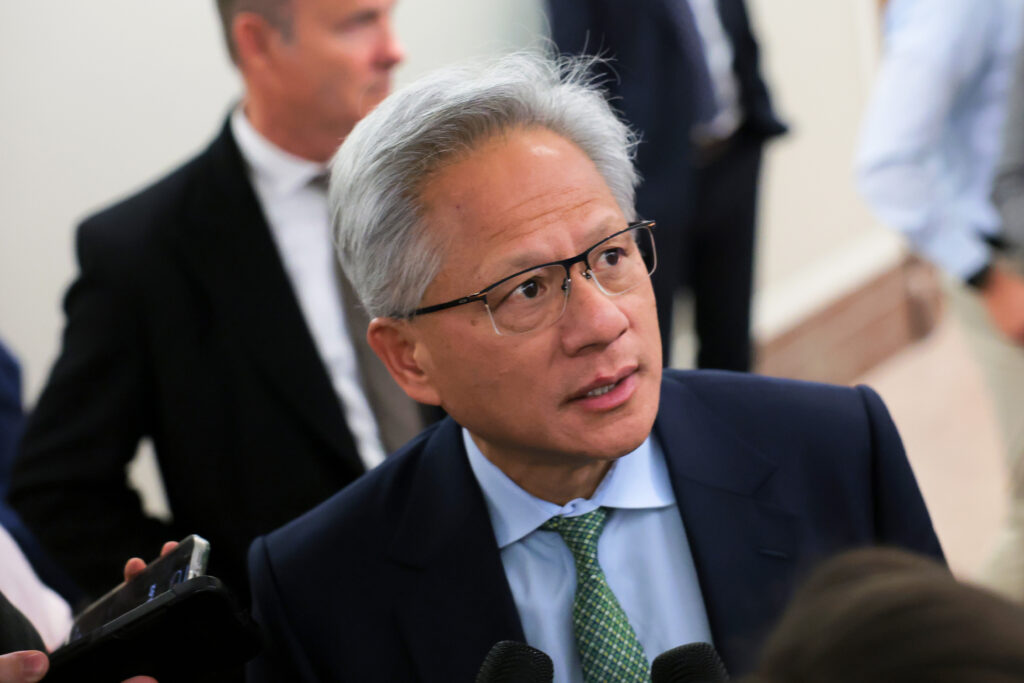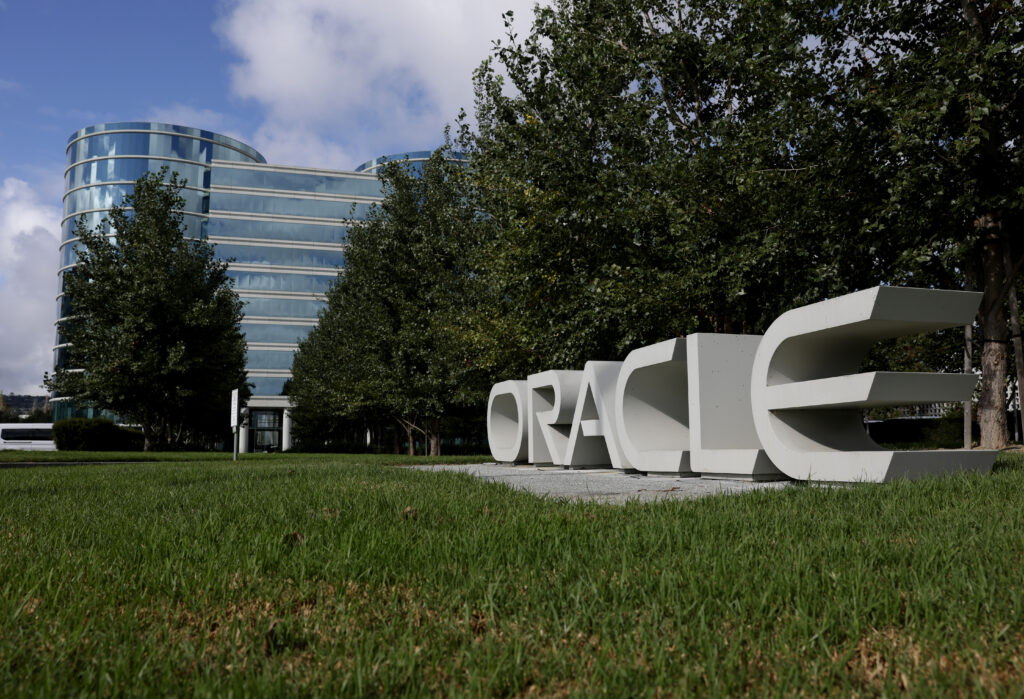Make your own AI Mickey Mouse – Disney embraces new tech
Walt Disney and OpenAI announced a three-year licensing deal Thursday that will allow users to create short videos featuring beloved Disney characters through artificial intelligence.The deal marks the first time a major entertainment company has embraced generative AI at this scale, licensing its fiercely protected characters — from Mickey Mouse to Marvel superheroes and Star Wars’s Darth Vader — for AI content creation.The partnership represents a dramatic shift for an industry that has largely been battling AI companies in court.Disney and other creative industry giants had been suing AI firms like OpenAI, Perplexity and Anthropic, accusing them of illegally using their content to train their technology.The entertainment giant continued that legal campaign on Wednesday, separately sending a cease and desist letter to Google over the illegal use of its intellectual property to train the search engine giant’s AI models.For OpenAI, the deal comes at a sensitive time as it faces increasing questions about the sustainability of its business model, with costs skyrocketing far faster than revenue despite nearing one billion daily users worldwide.Under the agreement, fans will be able to produce and share AI-generated content featuring more than 200 characters from Disney, Marvel, Pixar and Star Wars franchises on OpenAI’s Sora video generation platform and ChatGPT.The partnership includes a $1 billion equity investment by Disney in OpenAI, along with warrants to purchase additional shares in the ChatGPT maker.Disney shares rose as much as two percent on Thursday after the announcement.”The rapid advancement of artificial intelligence marks an important moment for our industry,” said Disney CEO Robert Iger, adding the collaboration would “thoughtfully and responsibly extend the reach of our storytelling.”Characters available for fan creations will include Mickey Mouse, Minnie Mouse, Elsa from Frozen, and Marvel heroes like Iron Man and Captain America, as well as Star Wars icons including Darth Vader and Yoda.The agreement excludes talent likenesses and voices from actors amid deep concern in Hollywood about the impact of AI on the creative industry.”This does not in any way represent a threat to the creators at all — in fact the opposite. I think it honors them and respects them, in part because there’s a license fee associated with it,” Iger told CNBC.- 30 seconds -Iger, in a joint interview with OpenAI CEO Sam Altman on CNBC, insisted that the deal only includes videos no longer than 30 seconds and that the technology wouldn’t be used for longer form productions.Beyond licensing, Disney will deploy OpenAI’s technology to build new products and experiences for Disney+, the streaming platform, and will make ChatGPT available to its staff.”Disney is the global gold standard for storytelling,” said OpenAI CEO Sam Altman. “This agreement shows how AI companies and creative leaders can work together responsibly.”Both companies emphasized their commitment to responsible AI use, with OpenAI pledging age-appropriate policies and controls to prevent illegal or harmful content generation and protect creator rights.In Disney’s complaint against Google, OpenAI’s biggest rival in the AI space, the entertainment giant accuses Google of infringing Disney’s copyrights on a massive scale by copying a large corpus of content without authorization to train and develop AI models and services.”We’ve been aggressive at protecting our IP, and we’ve gone after other companies that have…not valued it, and this is another example of us doing just that,” Iger told CNBC.








